Setting the record straight on sheep
A series of events are being held across the UK by the National Sheep Association and British Wool to combat negative publicity about sheep farming.
The meetings are open to all farmers and will include discussions on the facts which demonstrate how the sheep sector is a part of the solution, rather than the cause, of issues such as climate change.
The events are entitled “Setting the sheep farming record straight” and as part of the series a meeting will take place at AFBI Hillsborough on Thursday 28 November at 7pm.
Bee population under threat
Concerns have been raised over the sharp decline in the bee population in NI with up to 21 species in threat of extinction according to a recent report from Buglife.
NI is home to many rare species of bees and the loss of wildflower habitats, pollution and climate change have seen population numbers declining rapidly, along with other pollinators such as butterflies.
“Unless urgent action is taken we are likely to see the extinction of some of these species over the next 10 years,” said Anna Hart, Conservation Officer for Buglife NI.
Lakeland transition cow workshop
Lakeland Dairies is running a workshop aimed at improving cow management when transitioning from the dry period into lactation. The event takes place on Friday 18 October, starting at 11am.
Over 80% of health problems such as mastitis, milk fever, ketosis and displaced abomasums are linked to poor management during the transition period. It is estimated to cost NI dairy farmers up to 5p/l in lost production and long-term health problems.
Speaking at the event will be Dr Andrew Pine, ruminant dDirector at Premier Nutrition and a leading expert in dairy nutrition.
The workshop will be hosted by Jim Smyth, 7 School Road, Jerrettspass, Co Down, BT34 1SX.
Post-Brexit smuggling threat
An increase in smuggling activity by criminals after Brexit could undermine the integrity of the local agri-food industry, according to Ulster
Farmers’ Union president Ivor Ferguson.
Speaking at a parliamentary committee meeting in Westminster on Tuesday, Ferguson said that “it will be very difficult to stop smuggling” if there is a difference in tariff regimes on each side of the Irish border after Brexit, which effectively happens if Northern Ireland leaves the EU customs union.
“This is a very big concern for us as farmers, not just about the illegality of it, but the whole integrity of our food chain would be greatly affected,” he said.
Concerns about post-Brexit smuggling were also raised at the committee by PSNI Assistant Chief Constable George Clarke: “If you have any sort of differential tariff, you have a potential economic reward for a criminal to act.
“We see that at the moment [there is] evasion of duty on fuels for example.”
Read more
Creed urges caution on Brexit deal
Animal antibiotic use drops by 32% across the EU
Setting the record straight on sheep
A series of events are being held across the UK by the National Sheep Association and British Wool to combat negative publicity about sheep farming.
The meetings are open to all farmers and will include discussions on the facts which demonstrate how the sheep sector is a part of the solution, rather than the cause, of issues such as climate change.
The events are entitled “Setting the sheep farming record straight” and as part of the series a meeting will take place at AFBI Hillsborough on Thursday 28 November at 7pm.
Bee population under threat
Concerns have been raised over the sharp decline in the bee population in NI with up to 21 species in threat of extinction according to a recent report from Buglife.
NI is home to many rare species of bees and the loss of wildflower habitats, pollution and climate change have seen population numbers declining rapidly, along with other pollinators such as butterflies.
“Unless urgent action is taken we are likely to see the extinction of some of these species over the next 10 years,” said Anna Hart, Conservation Officer for Buglife NI.
Lakeland transition cow workshop
Lakeland Dairies is running a workshop aimed at improving cow management when transitioning from the dry period into lactation. The event takes place on Friday 18 October, starting at 11am.
Over 80% of health problems such as mastitis, milk fever, ketosis and displaced abomasums are linked to poor management during the transition period. It is estimated to cost NI dairy farmers up to 5p/l in lost production and long-term health problems.
Speaking at the event will be Dr Andrew Pine, ruminant dDirector at Premier Nutrition and a leading expert in dairy nutrition.
The workshop will be hosted by Jim Smyth, 7 School Road, Jerrettspass, Co Down, BT34 1SX.
Post-Brexit smuggling threat
An increase in smuggling activity by criminals after Brexit could undermine the integrity of the local agri-food industry, according to Ulster
Farmers’ Union president Ivor Ferguson.
Speaking at a parliamentary committee meeting in Westminster on Tuesday, Ferguson said that “it will be very difficult to stop smuggling” if there is a difference in tariff regimes on each side of the Irish border after Brexit, which effectively happens if Northern Ireland leaves the EU customs union.
“This is a very big concern for us as farmers, not just about the illegality of it, but the whole integrity of our food chain would be greatly affected,” he said.
Concerns about post-Brexit smuggling were also raised at the committee by PSNI Assistant Chief Constable George Clarke: “If you have any sort of differential tariff, you have a potential economic reward for a criminal to act.
“We see that at the moment [there is] evasion of duty on fuels for example.”
Read more
Creed urges caution on Brexit deal
Animal antibiotic use drops by 32% across the EU




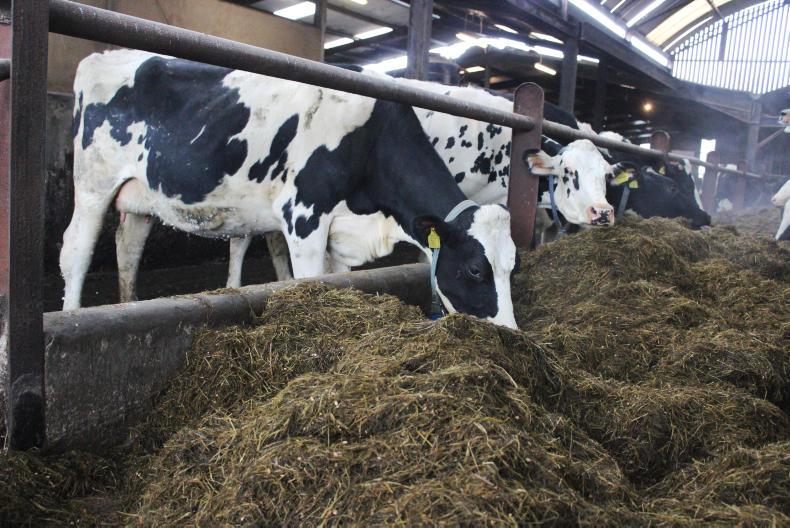
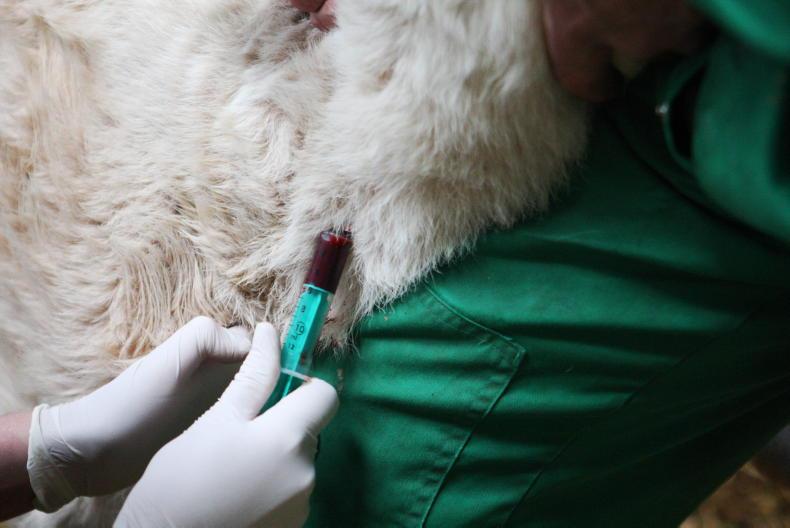
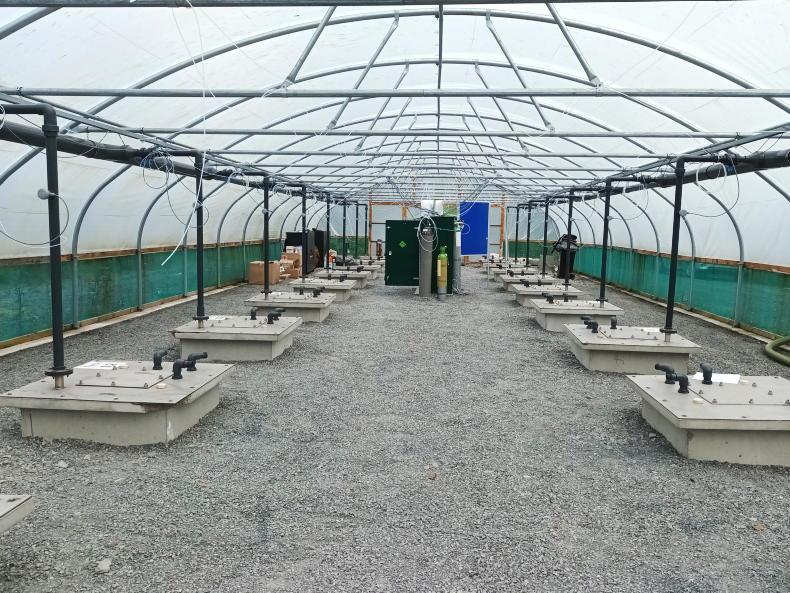
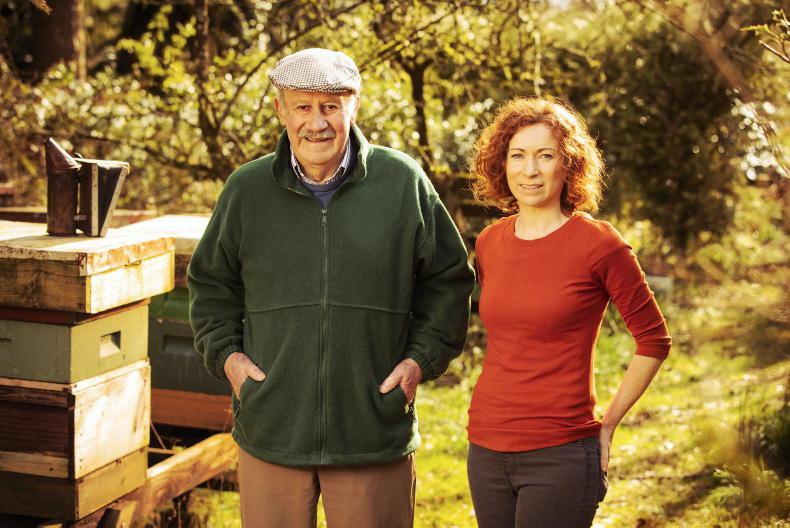
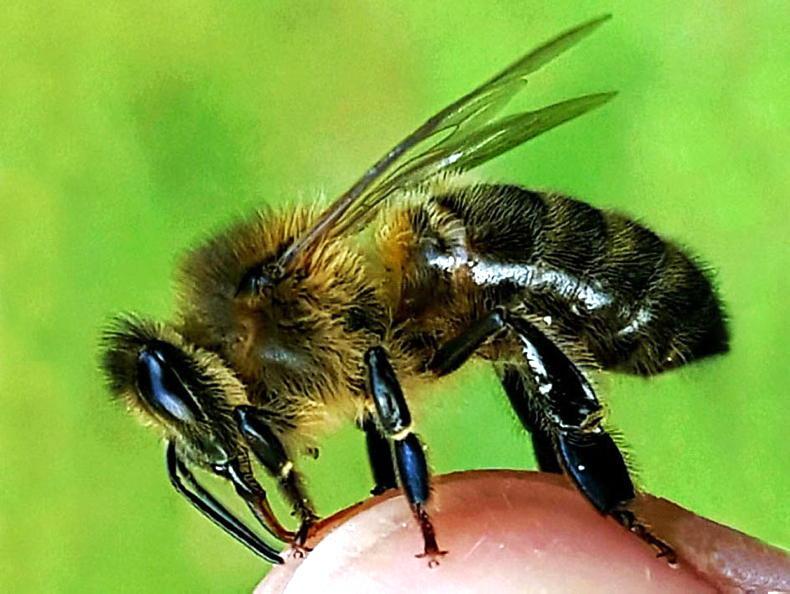
SHARING OPTIONS